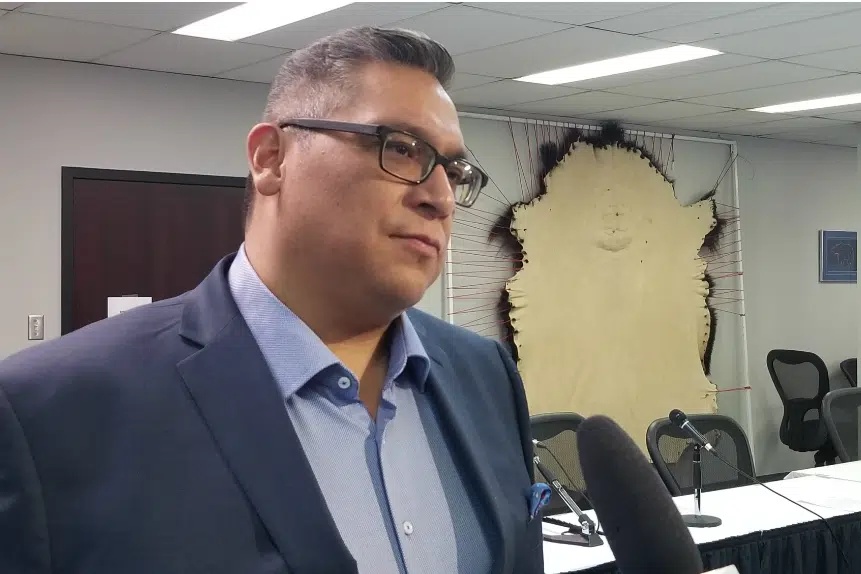Some individuals in northern communities are saying no to COVID-19 tests because they are worried about the stigma that comes with having the virus.
“People, especially in small communities where confidentiality is a concern, have reported that they do not want to be tested if they can be identified as having COVID-19,” Dr. Julie Kryzanowski, the Saskatchewan Health Authority’s senior medical health officer, said during a news conference Tuesday.
“In addition, we know that stigma is not something that affects just individuals but whole communities. So this is all part of what we need to be looking at and be proactively addressing and getting the message out that testing is important, not just for individuals, but it does help us understand how the virus is being transmitted in our communities.
“So the message today is to get tested if you have symptoms, no matter how mild.”
David Pratt, the second vice-chief of the Federation of Sovereign Indigenous Nations (FSIN), is encouraging those afraid to take the test to help stop the spread.
“It’s OK to take the test. The sooner someone has tested positive for the virus, then we can isolate them, because it’s a very contagious virus,” he said.
“When people interact, they could be coughing, or even droplets, or touching common surfaces — that’s how easy it is for this virus to transmit and to spread. So don’t be afraid of that stigma.”
He says some young people don’t seem to have got the message about how important it is to maintain social distancing. He’s hearing of issues of partying and not just in the northern Saskatchewan region.
“Young people just need to realize this is serious,” Pratt said. “And even though they may be asymptomatic, it could potentially be fatal for their grandparents or their uncles and aunts, or even their own parents that have underlying conditions.”
Northern communities have been feeling blamed for the outbreaks in La Loche and other areas and Pratt had a message for the rest of the province.
“Do not judge our brothers and sisters in the north,” he said. “Many of you have gone fishing up there, have cottages and cabins and you’ve seen the hospitality and the goodness of our northern brothers and sisters and how they open their homes, how they treat you, and they give, give, give constantly.”
As of Wednesday, the province was reporting 186 active cases, with 149 in the far north, 25 in the north, 11 in Saskatoon and one in the central region. Regina and the southern region didn’t have any active cases.







